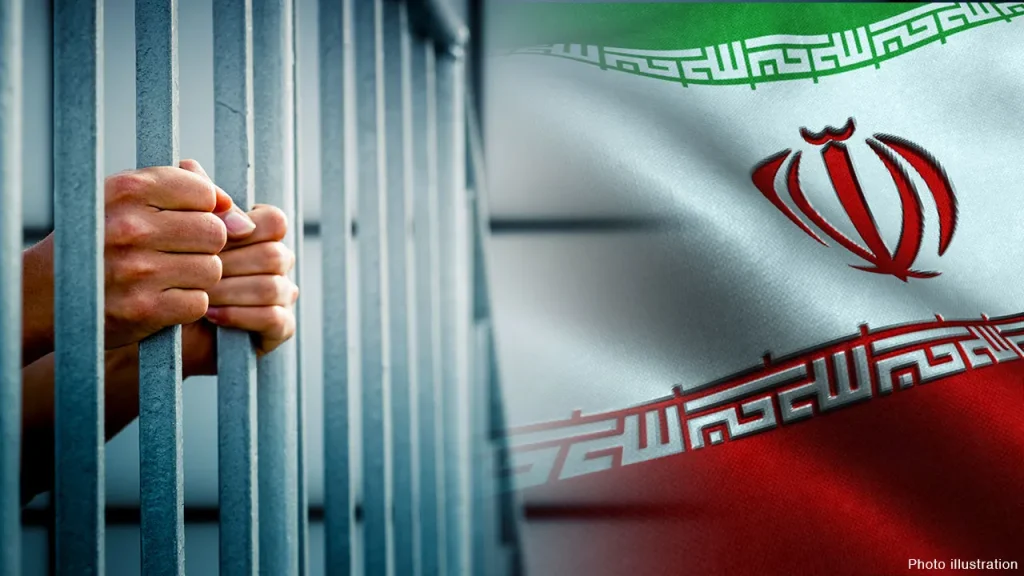The year 2024 witnessed a chilling surge in executions in Iran, marking a grim milestone in the Islamic Republic’s human rights record. The National Council of Resistance of Iran (NCRI) documented over 1,000 executions across 86 prisons, a staggering 16% increase from the previous year and the highest number in three decades. This alarming escalation signifies a disturbing trend of intensified repression by the Iranian regime, particularly in the latter half of the year following the presidential election of Masoud Pezeshkian. Nearly half of these executions were carried out in the final quarter, coinciding with periods of heightened regional instability and escalating domestic economic and social crises, suggesting a desperate attempt by the regime to maintain its grip on power through fear and intimidation.
The NCRI’s report paints a bleak picture of systematic state-sanctioned violence targeting a broad spectrum of individuals, including political prisoners, non-violent offenders, and even hostages. This indiscriminate application of the death penalty reveals the regime’s ruthless approach to suppressing dissent and quelling any potential uprising. The execution of vulnerable groups, including 34 women and seven juvenile offenders, further underscores the regime’s disregard for international human rights standards and its willingness to violate the most fundamental principles of justice. The alarming 300% increase in executions of Afghan nationals highlights the regime’s discriminatory practices and its exploitation of marginalized communities.
The disproportionate targeting of ethnic and religious minorities, particularly the Baluchi community, reveals a deeply entrenched pattern of systemic discrimination. While constituting only 2% of the Iranian population, the Baluchis accounted for a significant portion of the executed prisoners. This echoes the broader pattern of oppression against minorities, particularly those who dare to express their cultural or religious identities distinct from the regime’s enforced norms. This targeted persecution reflects the regime’s insecurity and its desperate attempts to quell any potential threats to its authority, even from marginalized communities.
The execution of 69-year-old German-American journalist Jamshid Sharmahd, following his abduction from Dubai and a grossly unfair trial, exemplifies the regime’s blatant disregard for international law and its willingness to use hostage-taking and politically motivated charges to silence dissent and intimidate its critics abroad. Sharmahd’s case, along with countless others, reveals the regime’s calculated use of the judicial system as a tool of repression. These actions not only violate fundamental human rights but also serve as a stark warning to those who dare to challenge the regime’s authority, even beyond Iran’s borders.
Maryam Rajavi, the president-elect of the NCRI, has condemned these executions as a desperate attempt to quell the growing discontent among the Iranian populace and prevent a widespread uprising. She argues that these acts of state-sanctioned violence, far from achieving their intended purpose, only serve to further inflame public anger and strengthen the resolve of those seeking to overthrow the regime. Rajavi insists that any international engagement with the Iranian regime must be contingent on a cessation of executions and torture, and that those responsible for these crimes against humanity must be held accountable. This call for accountability underscores the urgent need for the international community to prioritize human rights and hold the Iranian regime responsible for its egregious violations.
The surge in executions sends a chilling message about the regime’s increasing reliance on brutality to maintain its grip on power. The staggering statistics, the targeting of vulnerable groups, and the blatant disregard for due process paint a stark picture of a regime gripped by fear and resorting to increasingly desperate measures. The international community must condemn these atrocities unequivocally and take concrete steps to pressure the Iranian regime to end its reign of terror. Silence and inaction only embolden the regime and perpetuate the cycle of violence and repression.

